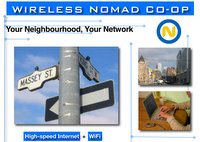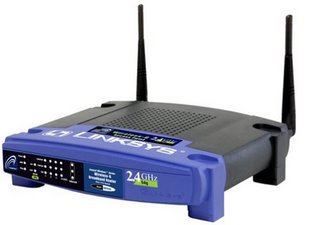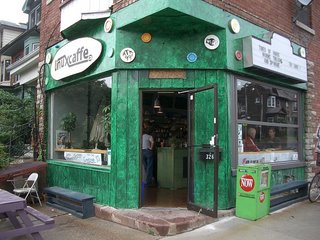There's been a lot of talk about the Toronto Hydro WiFi plan. Everybody I meet is asking about it, so here is part of my answer in writing.
Really, nobody knows for sure what Toronto Hydro is actually up to. Are they going to compete with public access hotspots like in cafés? Or are they going to provide Internet to homes and businesses, using WiFi instead of the phone lines? Either way, there is not going to be free WiFi access (except for the initial six-month beta-testing at the beginning), and it's just another commercial Internet provider, except they are government-owned and have a monopoly on using our city's power poles.
Toronto Hydro's plan is going to kill other commercial hotspots, but the hotspot model is pretty well dead anyway, or has about 18 months left in it. A new generation of wide area local WiFi networks are springing up all over the place, and cafés won't have to subsidize WiFi for long. Bell, Rogers, and Telus were really slow in building their hotspots, and now they're going to pay the price,because they built the wrong technology and are using the wrong business model. Now, if they had Internet for home users and WiFi everywhere so people could use their home account across town... hey, wait! That's what we're doing!
While the city-owned paid-access WiFi network has its strengths, a free WiFi network built by people in their own neighborhoods can easily do more with less. This sort of N2N (neighbor-to-neighbor) networking is low cost, doesn't need any expensive centralized infrastructure, and can be run by its users for its users. The trick is doing it with proper security and ways for people to work together, rather than hoping that anarchy (in its best sense) will make everything work out by some accident of nature.
As McLuhan said, the medium is the message, and I think organized community-owned networks say a lot.






